Millions of Americans are at risk of losing their access to the internet as the government begins winding up the Affordable Connectivity Program, the FCC warns. Here are the details.
The Affordable Connectivity Program (ACP)
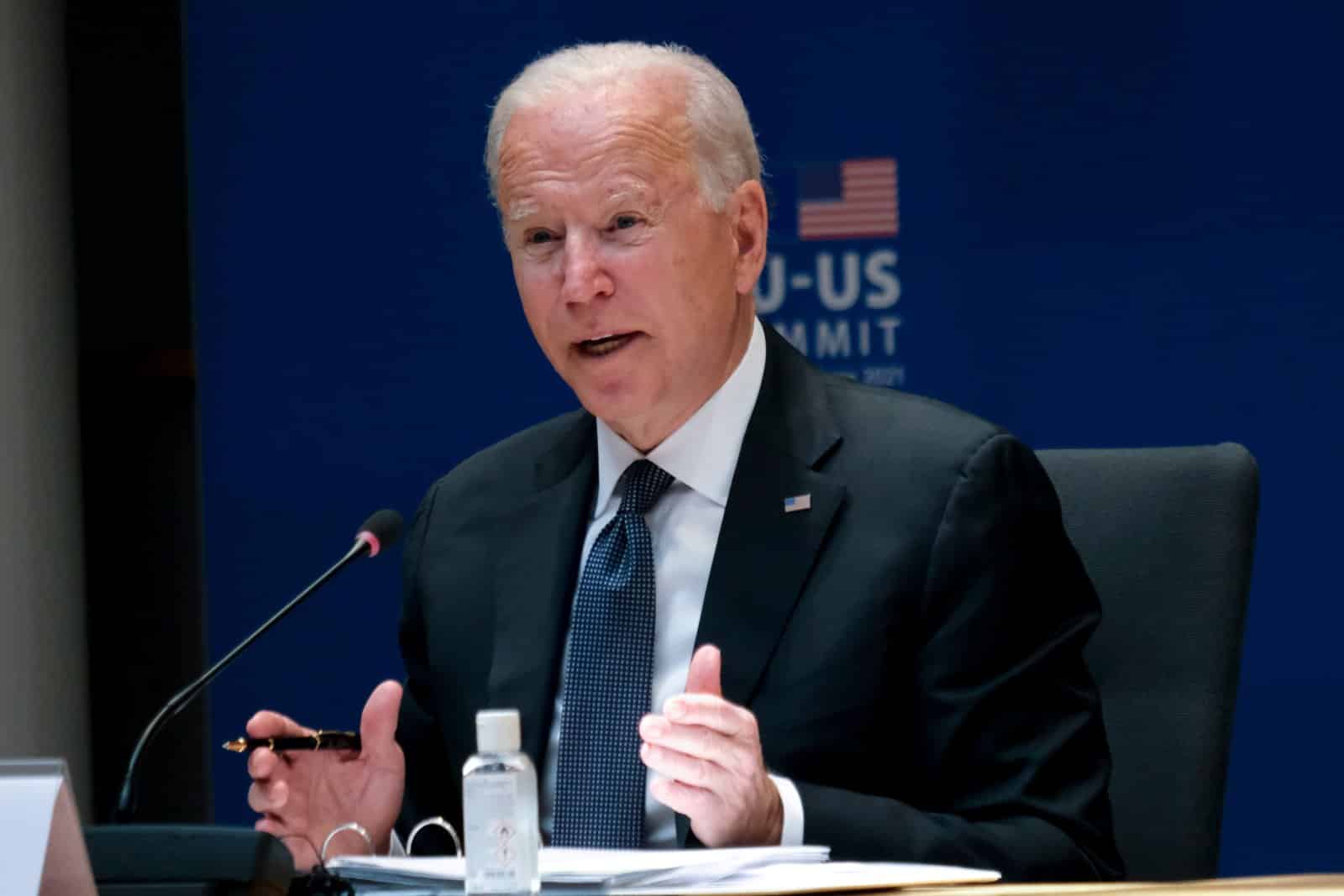
Back in 2021, Biden’s administration greenlit the Affordable Connectivity Program (ACP), a $14 billion investment that would lower the price of internet access for low-income households, allowing tens of millions of people to access the internet.
ACP’s Impact on Internet Accessibility

The ACP offers a federal subsidy of $30 per month on internet bills to low-income households.
Funding Challenges Faced by the ACP

However, as funding is now dwindling, the program has refused new applicants since February, and the FCC is beginning the process of shutting down the program.
Congressional Inaction
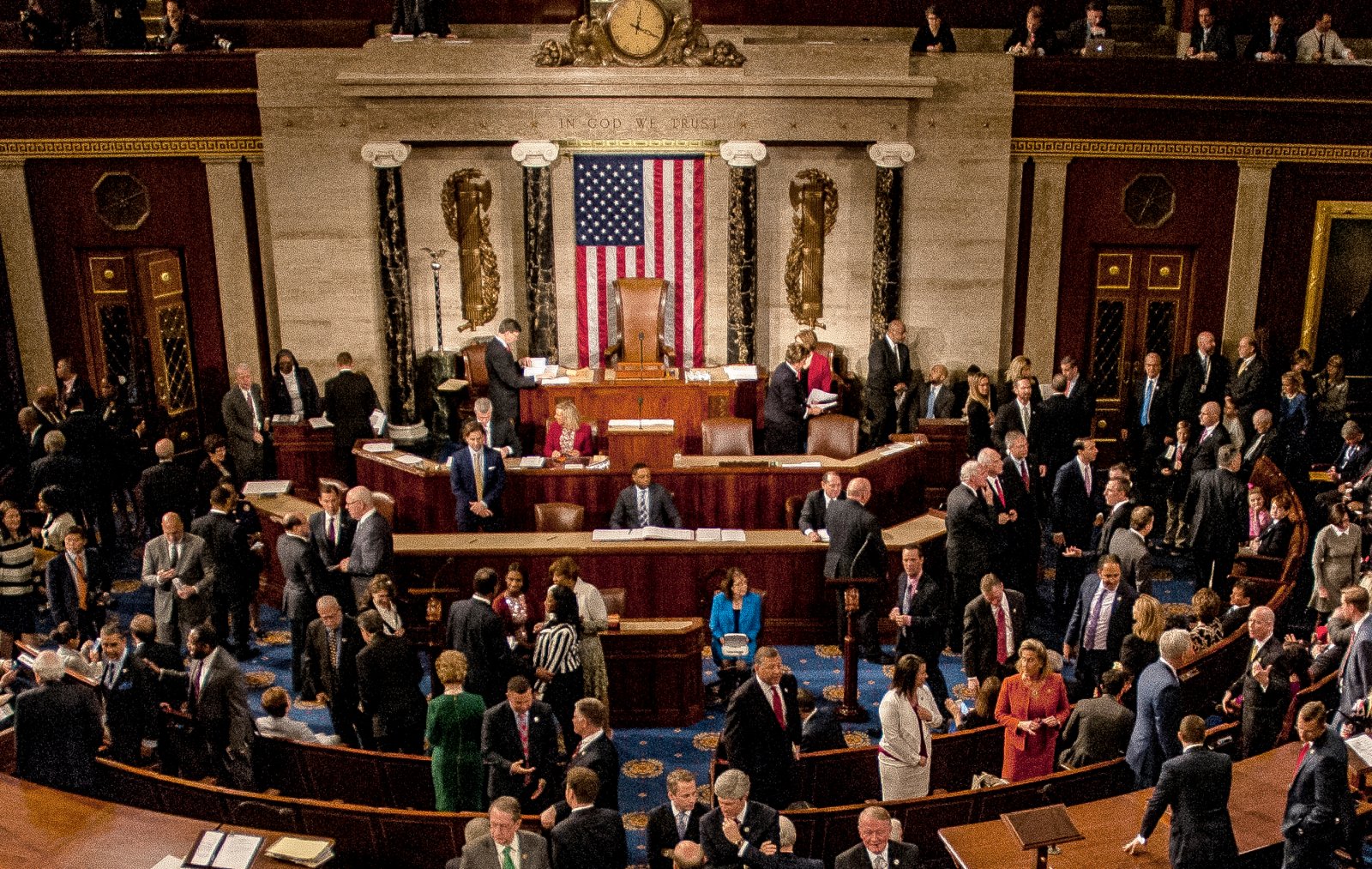
Lawmakers have known that funding was low for months, but they’ve been unable to pass a $6 billion additional funding bill through Congress.
No Additional Funding

And now, with the passing of the last-minute budget worth $1.2 trillion – of which there was no money earmarked for the ACP – critics are saying that they’ve missed their chance.
Suspension of New Applications

The ACP has begun sending out letters to participants, warning them that the program is coming to an end and to watch out for an increase in their monthly internet bill.
Benefits of Affordable Internet Access

For many low-income individuals, affordable internet access has been life-changing. After the rollout of the ACP, some internet providers lowered their plans to $30 a month, making broadband basically free for millions of people.
Transformational Effects on Low-Income Individuals

This cheap internet has helped many seniors reconnect with their families, keep up to date with the news, and stay generally connected to the world at large.
The Importance of Internet in Modern Society

It’s also helped children from lower-income families do their schoolwork and many other millions to find work, use public services – which are relying more and more on people having internet connections – and have online doctor appointments.
Risks Posed by the Digital Divide

The internet has become a critical lifeline in the modern era. Without internet access, households across the U.S. risk falling behind in education, employment opportunities, and healthcare access, widening the gap between the digitally connected and the digitally isolated.
Projected Impact After May Deadline

Once May hits, however, the FCC is warning that over 23 million households will be without internet access and unable to afford the massive bills that providers are charging.
Concerns About Affordability for Millions

“Because of political gameplay, about 60 million Americans will have to make hard choices between paying for the internet or paying for food, rent, and other utilities, widening the digital divide in this country,” a senior FCC official told CNN.
Bipartisan Support for ACP

The ACP was one of those rare policies that was overwhelmingly popular with both sides of the political lines. It had massive bipartisan support, as well as public and government backing.
Political Implications

“It’s embarrassing that a popular, bipartisan program with support from nearly half of Congress will end because of politics, not policy,” said the FCC official.
Demographic Breakdown of ACP Beneficiaries

According to data collated by the White House and BSG (a survey group), military families are the largest beneficiaries of the ACP, totaling just under 50% of users.
Worries Among ACP Users About Job Security

65% of all ACP users are worried that they’ll lose their jobs or their primary source of income if the ACP were to stop, while 75% are worried about losing access to important healthcare services.
Impact on Children’s Education

ACP parents were also incredibly concerned that their kids would fall behind in school without the ACP, with 81% indicating they were worried.
Legislative Stalemate in Congress
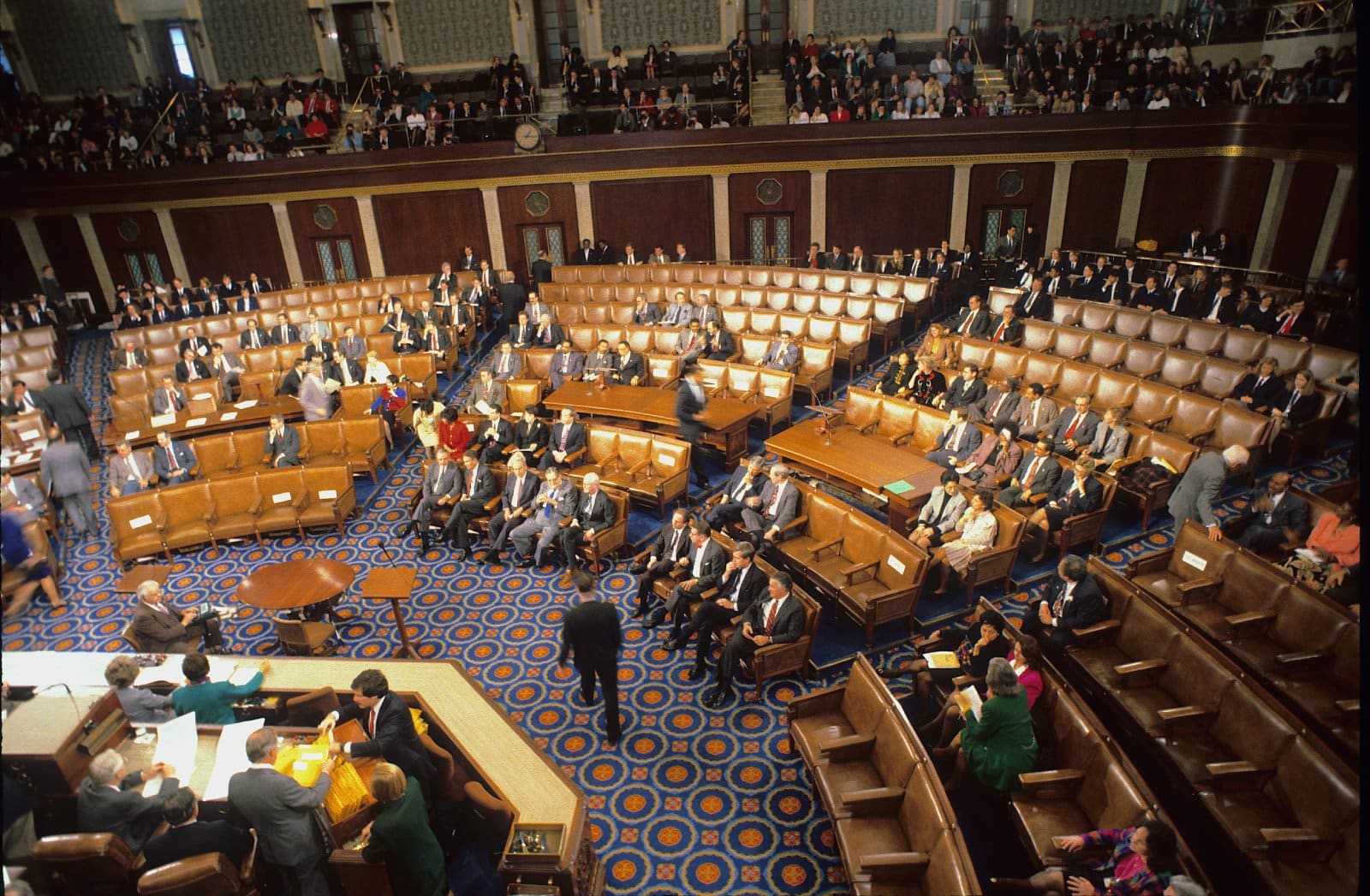
Despite the overwhelming popularity of the ACP, a divided Congress has meant that any legislation put forward hasn’t moved an inch.
Republican Opposition
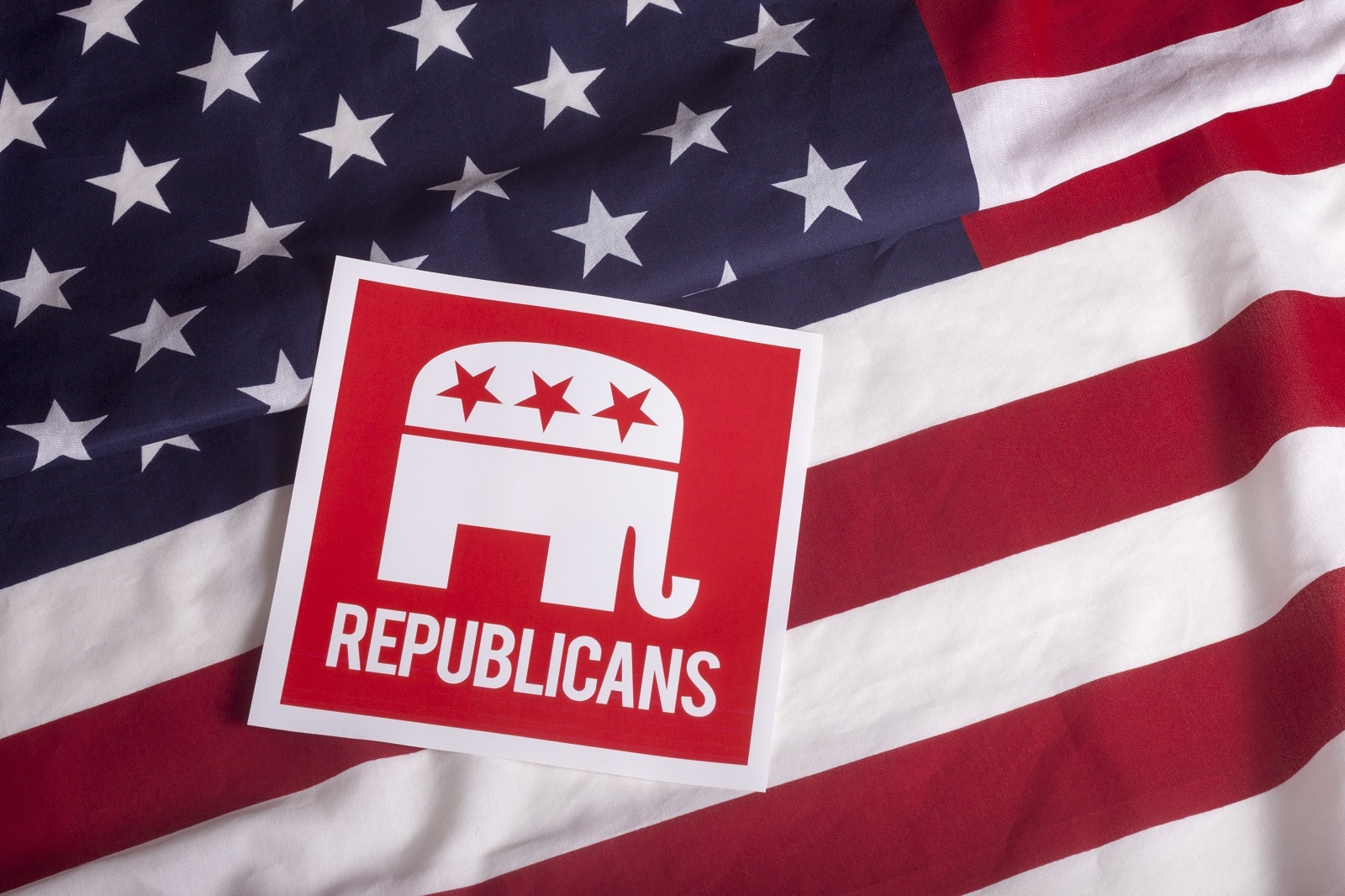
In early January a bipartisan group put forward a bill for $7 billion to save the ACP, but House Republicans have refused to let it through.
Fiscal Policies

According to an industry analyst, Republicans are “attempting to demonstrate that they are cutting back on government spending,” which will now have the unfortunate effect of millions of Americans losing an essential utility.
Economic Benefits of ACP Investment
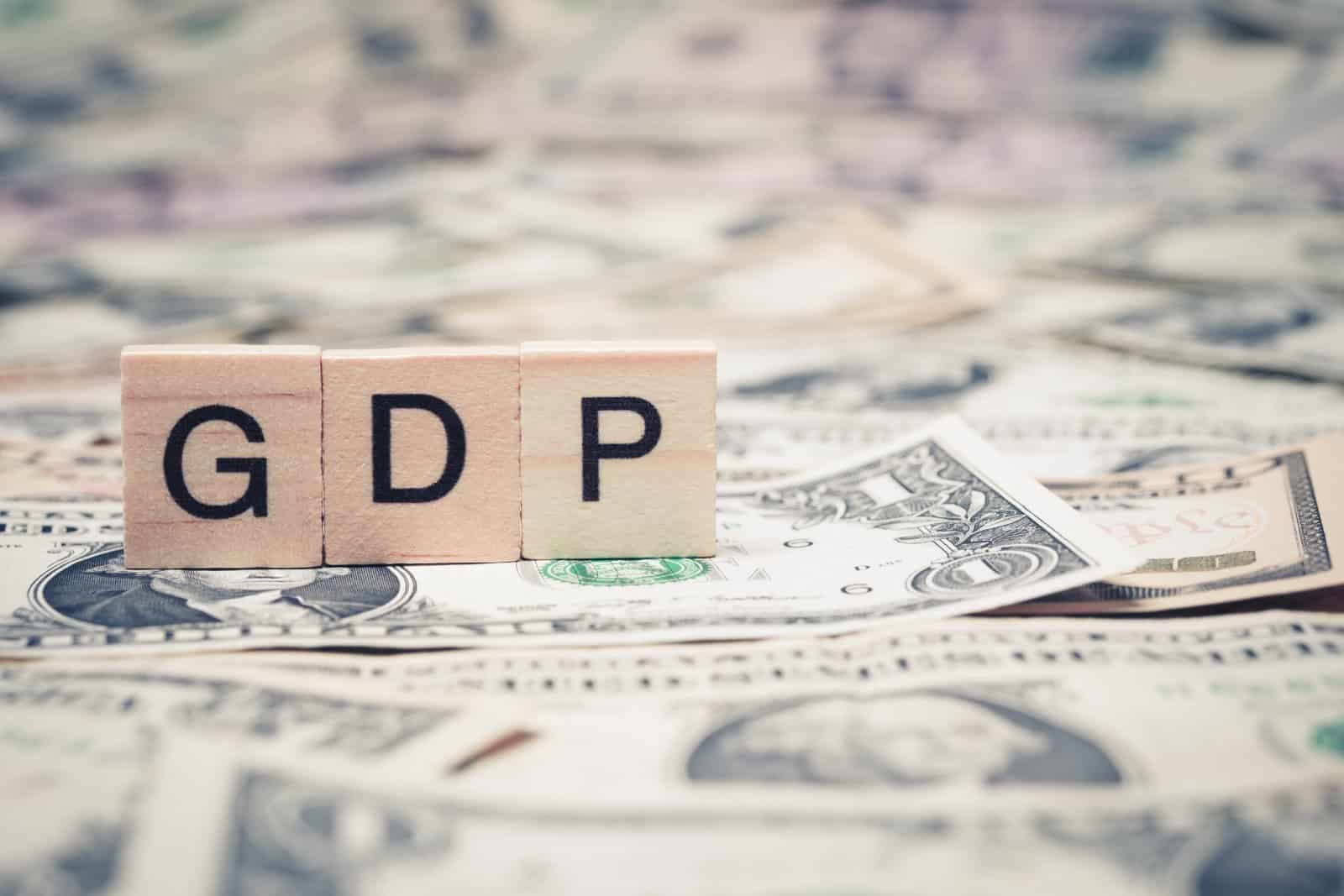
Advocates of the ACP argue that it’s saving money in the long term. They point to recent research indicating that every $1 on the ACP equals a $3.89 increase in the U.S. GDP. Republicans, however, are not budging.
Potential Electoral Ramifications

Experts warn that if the ACP ends up dead, lawmakers are likely to feel the repercussions come election day.
23 Steep Taxes Adding to California Residents’ Burden

California: a place of sunshine, innovation, and, unfortunately, some of the nation’s highest taxes. From LA’s beaches to Silicon Valley’s tech hubs, residents grapple with a maze of state taxes. Here’s a glance at 23 taxes that might surprise both Californians and outsiders. 23 Steep Taxes Adding to California Residents’ Burden
Cash in on Nostalgia: 21 Toys Now Worth a Fortune

Time to dust off the boxes and find that once-cherished toy from your childhood. For collectors and enthusiasts, they items have become valued objects and they can be worth big bucks – are there any of these in your attic? Cash in on Nostalgia: 21 Toys Now Worth a Fortune
Millennials Don’t Buy These 19 Products Anymore

Millennials are changing consumer habits, quietly replacing once-staple products and traditions. Often criticized for their disruptive preferences, this generation is reshaping the marketplace with digital expertise, ethical buying, and a taste for the unconventional. Millennials Don’t Buy These 19 Products Anymore
Featured Image Credit: Shutterstock / McLittle Stock.
The content of this article is for informational purposes only and does not constitute or replace professional financial advice.
